Summaries of books about Political Theory:
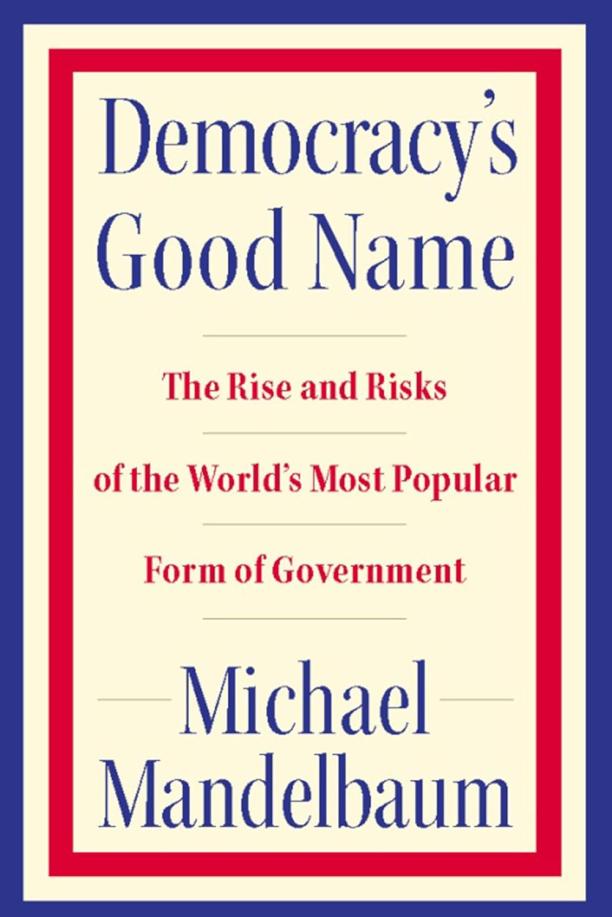
Democracy's Good Name
The Rise and Risks of the World's Most Popular Form of Government
Michael Mandelbaum
The book explores the historical evolution and global spread of democracy, examining its appeal and the challenges it faces. It delves into the principles that underpin democratic systems, the factors contributing to their success, and the potential threats that could undermine their stability and growth.
See full summary
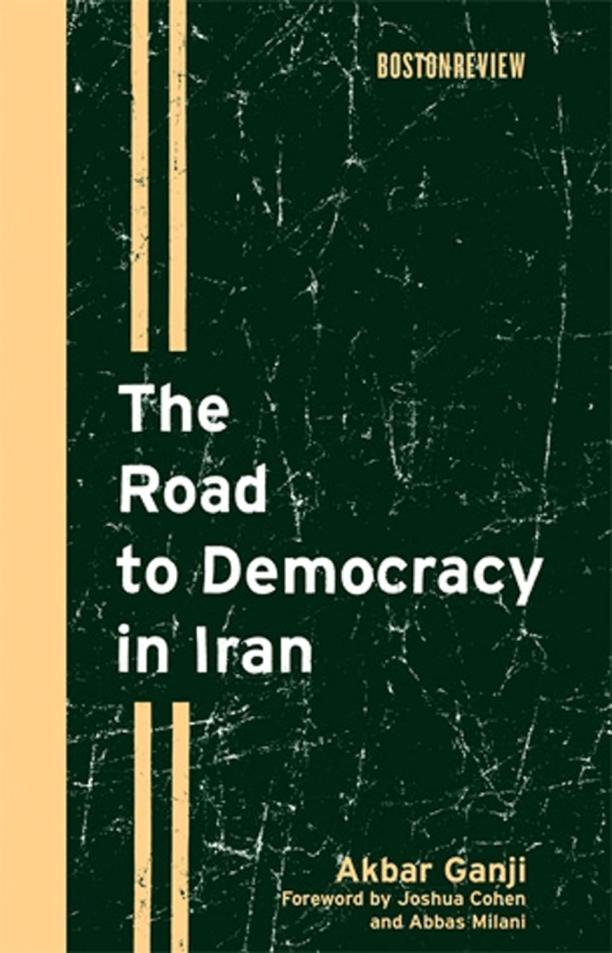
The Road to Democracy in Iran
Akbar Ganji
The book presents a critical examination of the political structure in Iran, advocating for a secular democracy and human rights while critiquing the country's theocratic regime. It outlines the author's vision for peaceful reform through intellectual discourse and civil disobedience, rather than violent revolution.
See full summary

Think Tanks, Public Policy, and the Politics of Expertise
Andrew Rich
The book examines the influence and effectiveness of think tanks in shaping public policy and debates, analyzing their strategies to gain political authority and public trust. It explores the tension between the need for expert analysis in policymaking and the potential biases and motivations that can affect the perceived objectivity of think tank experts.
See full summary

Public Opinion [with Biographical Introduction]
Walter Lippmann
The book analyzes the influence of mass media and propaganda on democracy and public opinion, arguing that the public is often unable to form accurate views due to the manipulation of information and the inherent limitations of individual cognition. It explores the concept of the "manufacture of consent" and suggests that a specialized class of experts is necessary to manage the flow of information in society.
See full summary
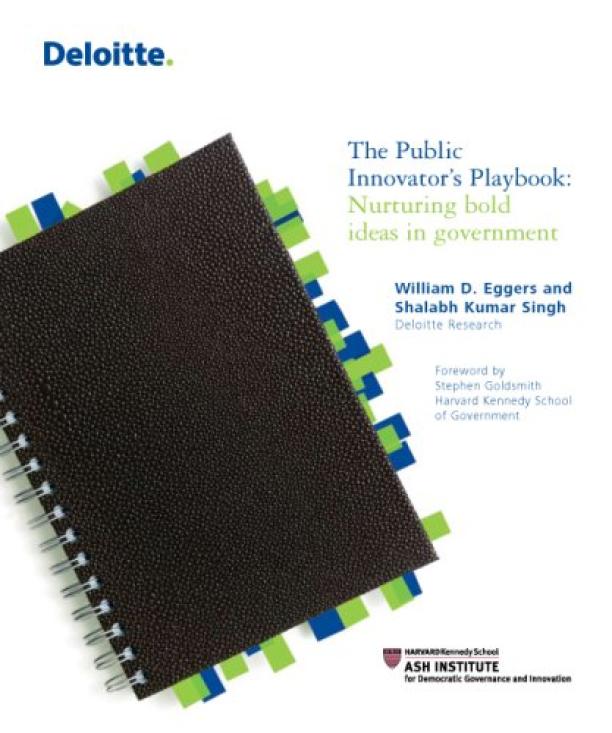
The Public Innovator's Playbook
Nurturing bold ideas in government
William D. Eggers|Shalabh Kumar Singh
The book provides a practical guide for government leaders and public sector workers on how to foster innovation within their organizations, offering strategies, tools, and real-world examples to help them cultivate new ideas and implement them effectively. It emphasizes the importance of embracing risk, collaborating across sectors, and creating an environment that encourages creative problem-solving to address complex public challenges.
See full summary
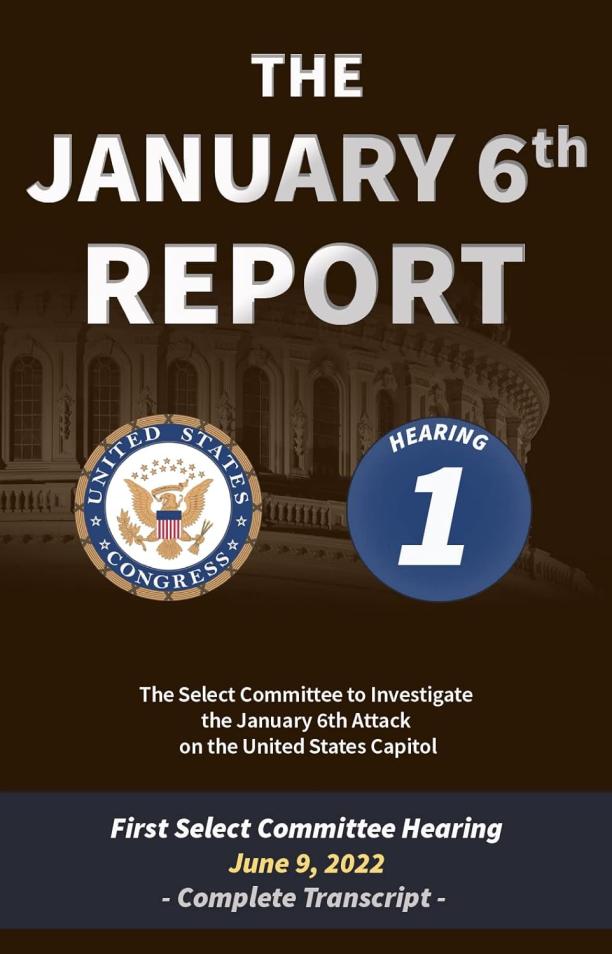
The January 6th Report
Complete Transcript of the First Committee Hearing on June 9, 2022
The Select Committee to Investigate the January 6th Attack on the United States Capitol
The book presents a verbatim transcript of the first public hearing conducted by the U.S. House Select Committee, detailing testimonies and evidence related to the January 6th, 2021, attack on the Capitol. It includes witness statements, video exhibits, and the committee's findings on the events leading up to and during the insurrection.
See full summary
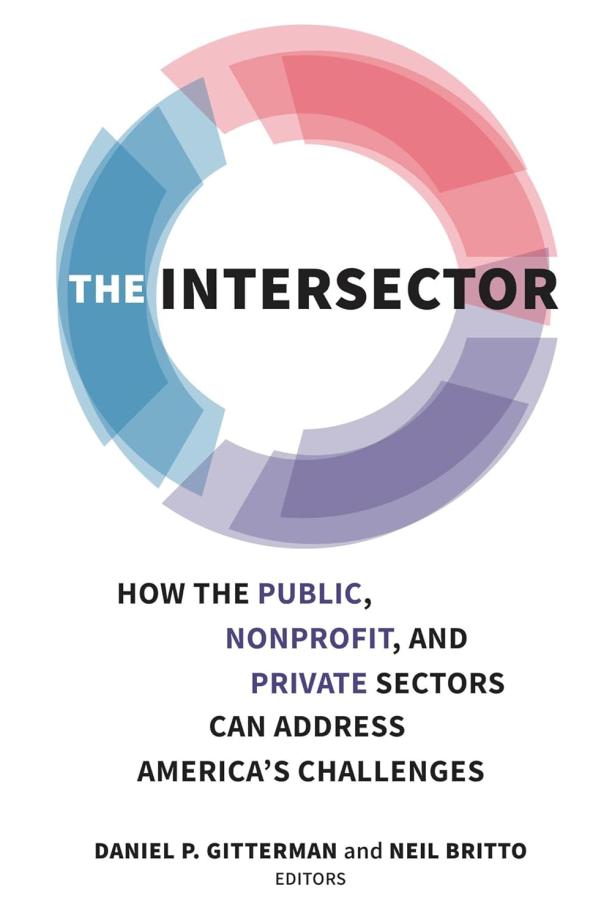
The Intersector
How the Public, Nonprofit, and Private Sectors Can Address America's Challenges
Daniel P. Gitterman, Neil Britto
The book explores the concept of cross-sector collaboration among government, business, and nonprofit organizations to tackle complex societal issues in the United States. It provides a framework for understanding these partnerships, along with case studies and strategies for effective intersector cooperation to solve public challenges.
See full summary
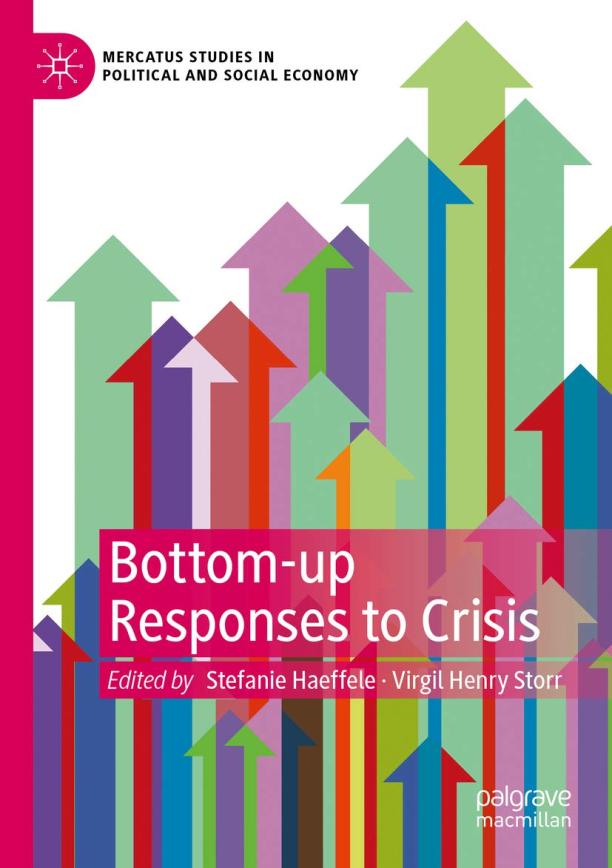
Bottom-up Responses to Crisis
Stefanie Haeffele, Virgil Henry Storr
The book explores how communities and individuals respond to crises through grassroots, bottom-up initiatives, highlighting the importance of local knowledge and decentralized decision-making. It examines case studies and theoretical frameworks to understand how civil society can effectively address challenges without relying solely on top-down interventions from governments or large organizations.
See full summary
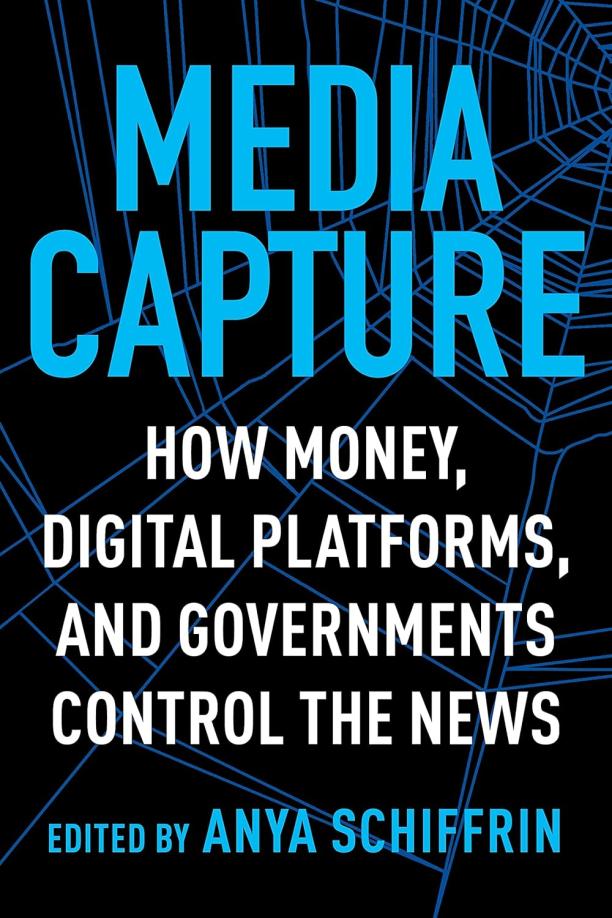
Media Capture
How Money, Digital Platforms, and Governments Control the News
Anya Schiffrin
The book examines the influence of powerful entities such as corporations, digital platforms, and governments on journalism and public discourse, highlighting the ways in which they exert control over news narratives. It explores the implications of this control for democracy and the free flow of information, offering insights into the changing media landscape and its impact on society.
See full summary
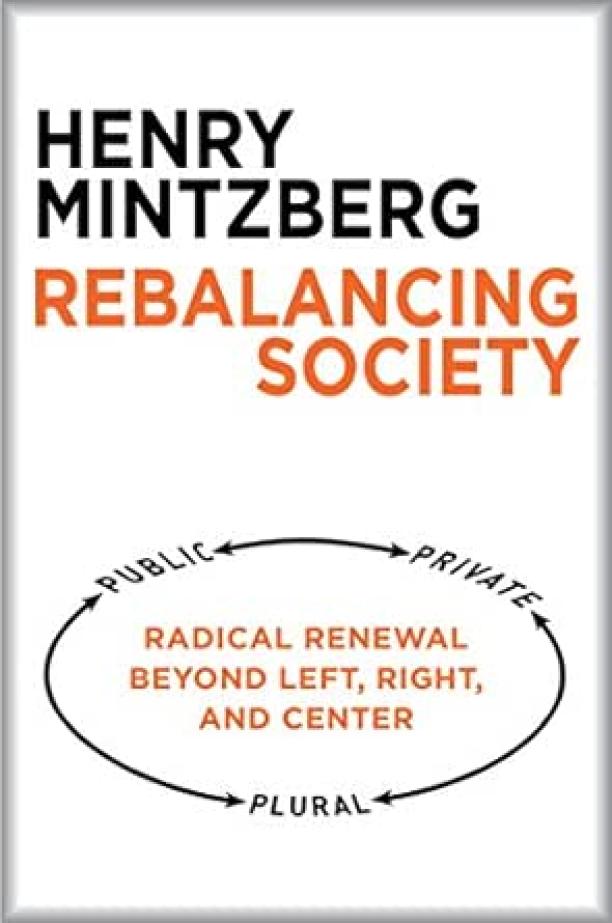
Rebalancing Society
Radical Renewal Beyond Left, Right, and Center
Henry Mintzberg
The book argues that a balanced society requires a harmonious blend of public sector, private sector, and civil society forces, rather than dominance by any single sector. It critiques the prevailing imbalance towards the private sector and capitalism, advocating for a more equitable and sustainable approach to societal development.
See full summary